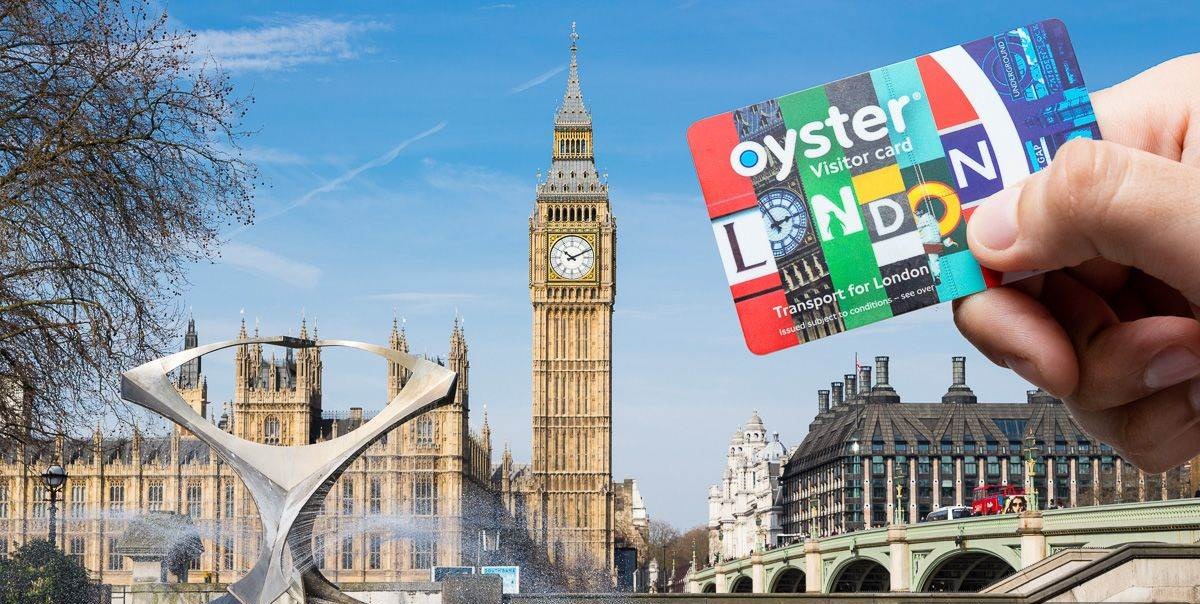Planet Travel Advisor - Your Gateway to Extraordinary Journeys!
Planet Travel Advisor is a leading travel agency and tour operator specializing in bespoke travel experiences across Asia and Africa. Established in 2020, our company has quickly grown to become a trusted partner for travelers worldwide. We provide a wide range of travel services, including cultural tours, adventure excursions, luxury experiences, day trips, vacation packages, food tours, and wedding and honeymoon arrangements. At Planet Travel Advisor, we aim to create unforgettable memories through seamless and personalized travel experiences.
Crafting Unique Journeys for You!
- Personal Travel Concierge, Tailored itineraries, seamless experiences, luxury at fingertips..
- Authentic Local Experiences: Immerse in culture, hidden gems, and genuine connections.
- 24/7 Global Assistance: Round-the-clock support, worldwide help, peace of mind.



Most Funning Company Travel And Tours
Offering exciting adventures and excellent service for unforgettable travel experiences.
Exciting Adventures
Excellent Customer Service
Unforgettable Experiences
Our Popular Tours
Unlock the World's Wonders with our Ultimate Destinations Guide!
Customize Your Dream Trip with Our Tailor-Made Tours
Because Your Journey Should Be As Unique As You Are.
Craft the perfect itinerary based on your interests, budget, travel style, and pace. Whether it's a romantic honeymoon, a cultural deep dive, or a relaxing family escape, our destination experts are here to bring your travel vision to life.
Book Now
Why Travel with Planet Travel Advisor?
Explore the world with confidence, guided by experts who know every cultural detail and hidden gem.
Tailor-made trips crafted by local destination experts
Multilingual private guides & seamless logistics
Authentic & immersive experiences beyond the usual routes
Options for luxury family group and budget travelers
Trusted by global travelers from over 30 countries
Follow Your Interests With Our Travel Themes!
Read, Learn, Know What You Need Before You Travel
Plan Your Next Trip

Your Next Vacation is One Step Away
We’re here to help you design your next journey. Let’s turn your travel aspirations into reality.
- Marketing Team: [email protected]
- Sales Team: [email protected]
- General Contact: [email protected]
Read Before You Travel
Discover top travel tips for 2026. From insider advice to must-visit spots, this guide helps you plan unforgettable adventures with ease.
Read More
Best Cities to Travel in 2026
Discover the best cities to travel in 2026! Explore new cultures, cuisine, and breathtaking sights in these must-visit destinations around the world.
Read More
Top 10 Countries for Solo Travel in 2026
Are you dreaming of a solo travel adventure? Then you'll love this guide to the 10 best countries to visit for solo travelers in 2026. Read More!
Read More
Best Time to Book Hotels for Lowest Prices 2026
Want to save on hotel bookings? Learn the best time to book and smart tips to make the most of your travel budget without compromising comfort.
Read More
Best Places to Travel in April 2027
Wondering where to travel in April? Enjoy vibrant spring colors, pleasant weather, and top destinations perfect for an unforgettable April getaway.
Read More
Where to Travel in September 2026
Discover the best places to travel in September 2026! Enjoy warm weather, fewer crowds, and great prices with our comprehensive destination guide.
Read More


































